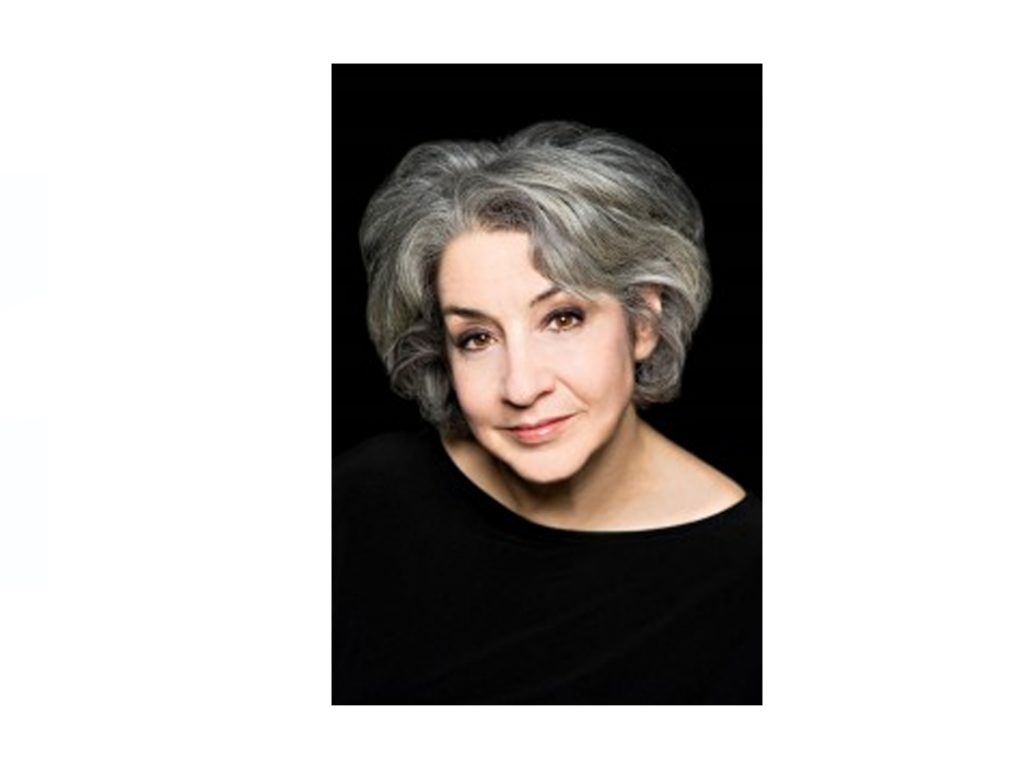One thing I keep thinking about is the fact that our country isn’t just terribly divided, it is divided by hate, and a desperate lack of civility. In many ways, I blame our public education system for this. In the last few years I have wondered what high schools are teaching. Where is our awareness of the three branches of government? Where is the concept of “checks and balances of power” being applied? Do people understand the peaceful transfer of power? These are basic things that we all should have learned in high school.
But, it is what I learned in first grade in Miami, Florida, that helped me learn to be the American I think I am. Oddly, I do not remember my first grade teacher’s name. It is odd because I remember EVERY other teacher’s name, including my kindergarten teacher, and it is odd because some very powerful things happened in first grade. I’m going to share two of them with you –
The first is that I learned “The Golden Rule” in first grade. It was pivotal that I learned the golden rule so early in life. It has stayed with me and guided me and my behavior for much of the past 60 years. For those of you who may not have been taught the golden rule, it is, “Do unto others as you would have others do unto you.” That’s it – simple. My first grade teacher helped us understand the meaning of this tenet. We talked about it frequently and she referred back to the golden rule throughout the year. I never forgot it and it became part of my conscience – which means that if I don’t follow it, in any particular circumstance, I feel sincere remorse and try to repair the damage I’ve done. And I can’t help but wonder how different our country would look if we all followed this rule – all the time.
The second thing that happened in my first grade was also incredibly powerful. I was in first grade in 1959, when many people from Cuba fled their country to come to Miami to escape the Cuban Revolution. My first grade teacher had a meeting with the children in our class and told us that very soon we would have new children in our class and that they would be new to our country, that they didn’t speak English, and that they would likely be afraid. I remember this all so clearly. EVERY child was riveted and searching her face to better understand what she was telling us. She asked us to think about how we would make these new children comfortable in our room. She asked us how we would help them feel safe. And she asked us how we would help them to know that we were happy that they had joined us. The children were resourceful and generous, offering to share space, snacks, and toys. We knew what was important back then!! And then, every day for the rest of the year, we spent 30 minutes a day, learning Spanish. By the time the first two little girls came to our room we were able to greet them in their language. We could ask questions and we almost understood the answers. We learned to say “Como te llamas?” and we learned that the literal translation is not ‘what is your name’ but “what do you call yourself?” which helped us acknowledge the nuance of personal power and helped us to see our new classmates with respect, honoring their agency. Of course, our new friends would roll their eyes and giggle during our Spanish lessons but… there was so much of a bond between us. We were responsible for their transition, their comfort, and their success, and we took it seriously.
Children have such a deep capacity for generosity and reciprocity. The adults in this country could benefit from being back in first grade with a teacher who understands that integrating civility, respect, and responsibility for others could build a healthier society. Racism has no place in our country. Diversity is a gift. Acknowledging the differences we each bring to every situation in life strengthens us. I wonder how our nation heals from the divisiveness of this election. Can we elect a President and then build a society where everyone is acknowledged for their value, feels respected, and enjoys the differences we all bring?
Sherry Cleary is the University Dean of Early Childhood Initiatives and the Executive Director of the NY Early Childhood Professional Development Institute.




I also have been feeling something has gone terribly wrong with our civics education for high school and earlier. We need a strong improvement! Your two “lessons” from first grade are great examples of importance of powerful early learning.